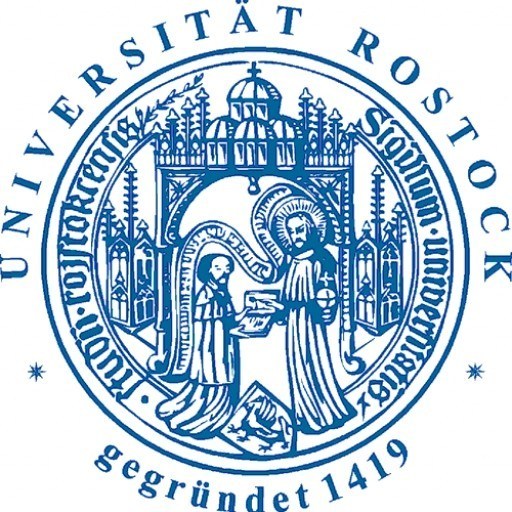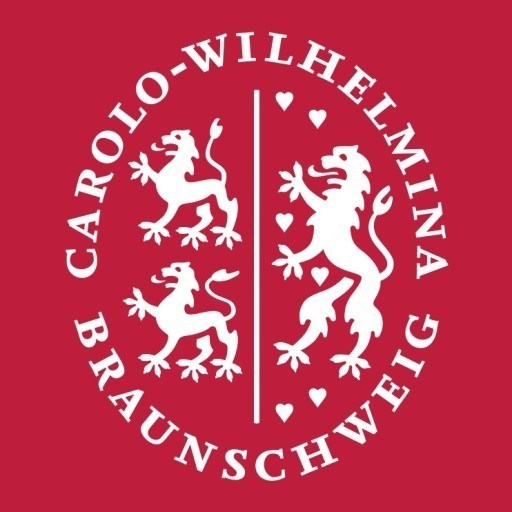Photos of university / #unikentlive
Description
Economics examines some of the profound issues in our life and times, including: economic growth and sustainable development, emerging market economies, financial and monetary crises, environmental and natural resource problems, international trade and aid to poor countries. When you study at Kent, you have the chance to learn about these issues from economists who are highly regarded within the profession for emphasising the practical application of economics in all of these arenas.
Student satisfaction with our programmes is very high and we consistently appear in the top 10 economics departments in the National Student Survey. Students particularly like the ability of staff to explain complex things, efficient assessment arrangements and marking, and the organisation and running of the course.
The School has a strong international reputation for research in key areas of economics and was ranked 16th in the 2008 Research Assessment Exercise, where 75% of our submitted research was awarded a top rank of internationally excellent'. Many staff advise government bodies including the UK's Department of Food and Rural Affairs (DEFRA), the Department for International Development (DFID), and the European Commission. Staff also advise international organisations including the Organisation for Economic Co-operation and Development (OECD), the European Central Bank (ECB), and the United Nations Conference on Trade and Development (UNCTAD).
Detailed Course Facts
Application deadline January 15 Tuition fee- GBP 9000 Year (EEA)
- GBP 12450 Year (Non-EEA)
Start date September 2015 Credits (ECTS) 180 ECTS
Duration full-time 36 months Languages Take an IELTS test
- English
Course Content
The course structure below gives a flavour of the modules that will be available to you and provides details of the content of this programme. This listing is based on the current curriculum and may change year to year in response to new curriculum developments and innovation. Most programmes will require you to study a combination of compulsory and optional modules, you may also have the option to take wild modules from other programmes offered by the University in order that you may customise your programme and explore other subject areas of interest to you or that may further enhance your employability.
Stage 1
Possible modules may include:
CB675 - Financial Accounting, Reporting and Analysis
EC304 - Principles of Economics
EC309 - Statistics for Economics and Business
EC314 - Data Analysis for Economists
EC305 - Mathematics for Economics and Business Mode A
EC306 - Mathematics for Economics and Business Mode B
Stage 2
Possible modules may include:
EC500 - Microeconomics
EC502 - Macroeconomics
EC511 - Quantitative Economics
EC534 - The Economics of Money and Banking
EC531 - Policy Analysis
EC532 - Environmental Economics, Institutions and Policy
Year in industry
You can spend a year working in industry between Stages 2 and 3 with all of our undergraduate degrees. The School has two Employability Officers who can offer advice and guidance for both year in industry and post-graduation employment issues.
Stage 3
Possible modules may include:
EC562 - Economics of Finance 1
EC563 - Economics of Finance 2
EC542 - Econometrics I: An Introduction to Modern Econometrics using Stata
EC543 - Econometrics 2: Topics in Time Series
EC540 - Development Economics
EC567 - Economics of Gender, Children and the Family
EC568 - World Economics and Financial History: From the 19th Century to the Pre
EC569 - Economic Growth
EC570 - Microeconomics of Development
EC571 - Agricultural, Food and Natural Resource Economics
EC544 - Economic Integration in the EU
EC545 - Economics of the Labour Market
EC546 - Games for Economics and Business
EC547 - Industrial Economics
EC548 - International Finance
EC549 - International Trade
EC550 - Monetary Economics
EC553 - Public Economics
EC541 - Economics Dissertation
EC565 - Extended Economics Essay
English Language Requirements
IELTS band : 6.5
To study at this university, you have to speak English. We advice you to
take an IELTS test.Requirements
Home/EU students
The University will consider applications from students offering a wide range of qualifications, typical requirements are listed below, students offering alternative qualifications should contact the Admissions Office for further advice. It is not possible to offer places to all students who meet this typical offer/minimum requirement.
Qualification Typical offer/minimum requirement- A level:ABB including B in Mathematics
- Access to HE Diploma:The University of Kent will not necessarily make conditional offers to all access candidates but will continue to assess them on an individual basis. If an offer is made candidates will be required to obtain/pass the overall Access to Higher Education Diploma and may also be required to obtain a proportion of the total level 3 credits and/or credits in particular subjects at merit grade or above.
- BTEC Level 3 Extended Diploma (formerly BTEC National Diploma):The university will consider applicants holding BTEC National Diploma and Extended National Diploma Qualifications (QCF; NQF;OCR) on a case by case basis please contact us via the enquiries tab for further advice on your individual circumstances.
- International Baccalaureate:34 points overall or 16 points at HL including Mathematics 6 at HL
International students
The University receives applications from over 140 different nationalities and consequently will consider applications from prospective students offering a wide range of international qualifications. Our International Development Office will be happy to advise prospective students on entry requirements.Work Experience
No work experience is required.
Want to improve your English level for admission?
Prepare for the program requirements with English Online by the British Council.
- ✔️ Flexible study schedule
- ✔️ Experienced teachers
- ✔️ Certificate upon completion
📘 Recommended for students with an IELTS level of 6.0 or below.
Related Scholarships*
- Academic Excellence Scholarship
"The Academic Excellence Scholarship can provide up to a 50 % reduction in tuition per semester. These scholarships will be renewed if the student maintains superior academic performance during each semester of their 3-year Bachelor programme. The scholarship will be directly applied to the student’s tuition fees."
- Access Bursary
Bursary for UK students all subjects where the variable tuition fee rate is payable.
- Alumni Bursary
Alumni Bursary for UK Undergraduate students
* The scholarships shown on this page are suggestions first and foremost. They could be offered by other organisations than University of Kent.
Funding
Kent offers generous financial support schemes to assist eligible undergraduate students during their studies. Our 2015 financial support package includes a £6,000 cash bursary spread over the duration of your course. For Ts&Cs and to find out more, visit our funding page.
General scholarships
Scholarships are available for excellence in academic performance, sport and music and are awarded on merit. For further information on the range of awards available and to make an application see our scholarships website.
The Kent Scholarship for Academic Excellence
At Kent we recognise, encourage and reward excellence. We have created the Kent Scholarship for Academic Excellence, which will be awarded to any applicant who achieves a minimum of AAA over three A levels, or the equivalent qualifications as specified on our funding pages. Please note that details of the scholarship for 2015 entry have not yet been finalised and are subject to change.











